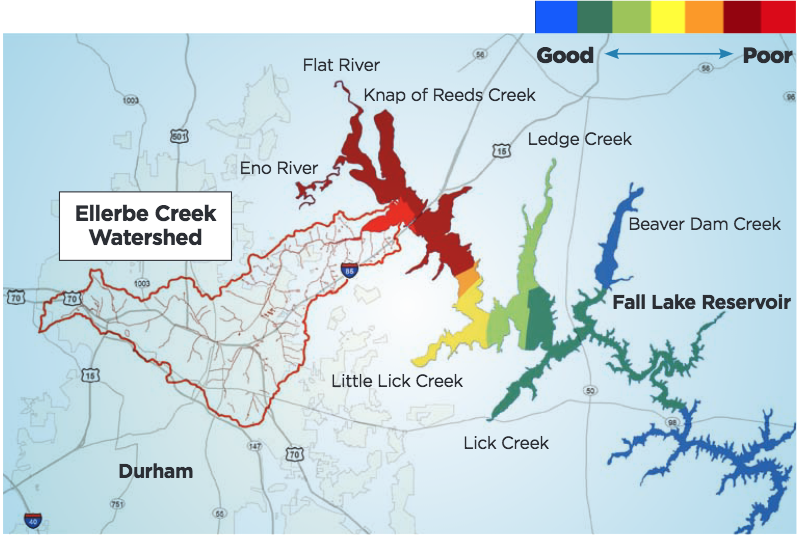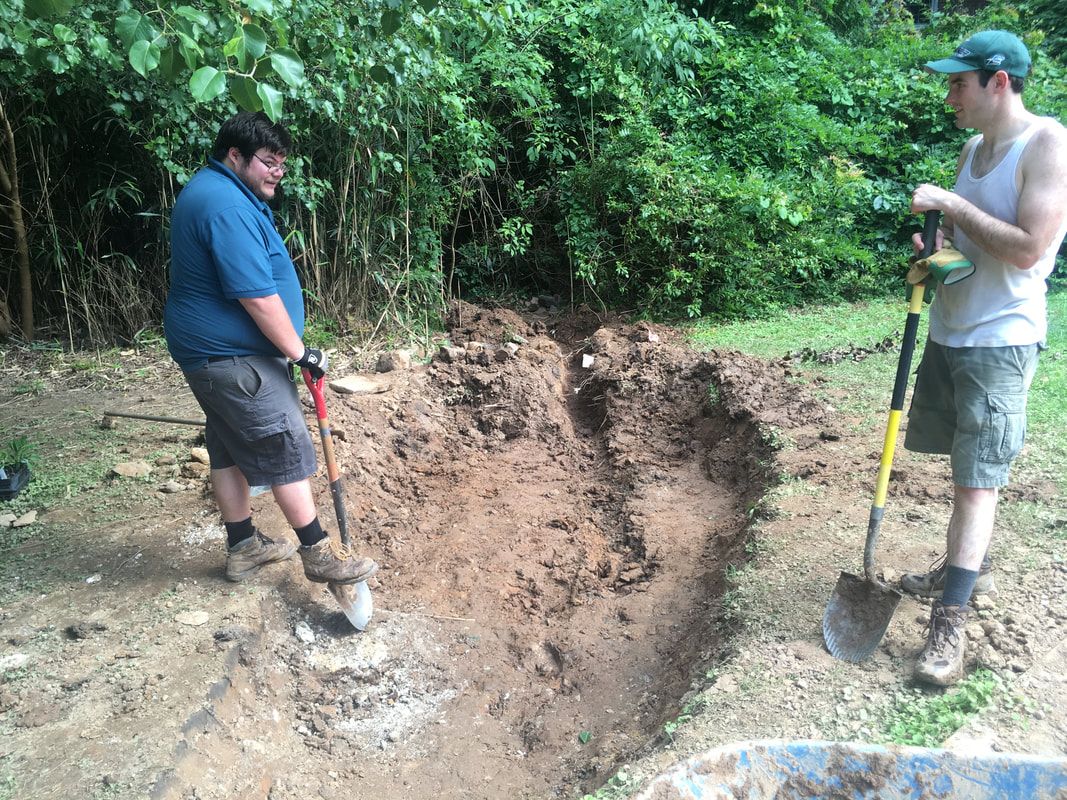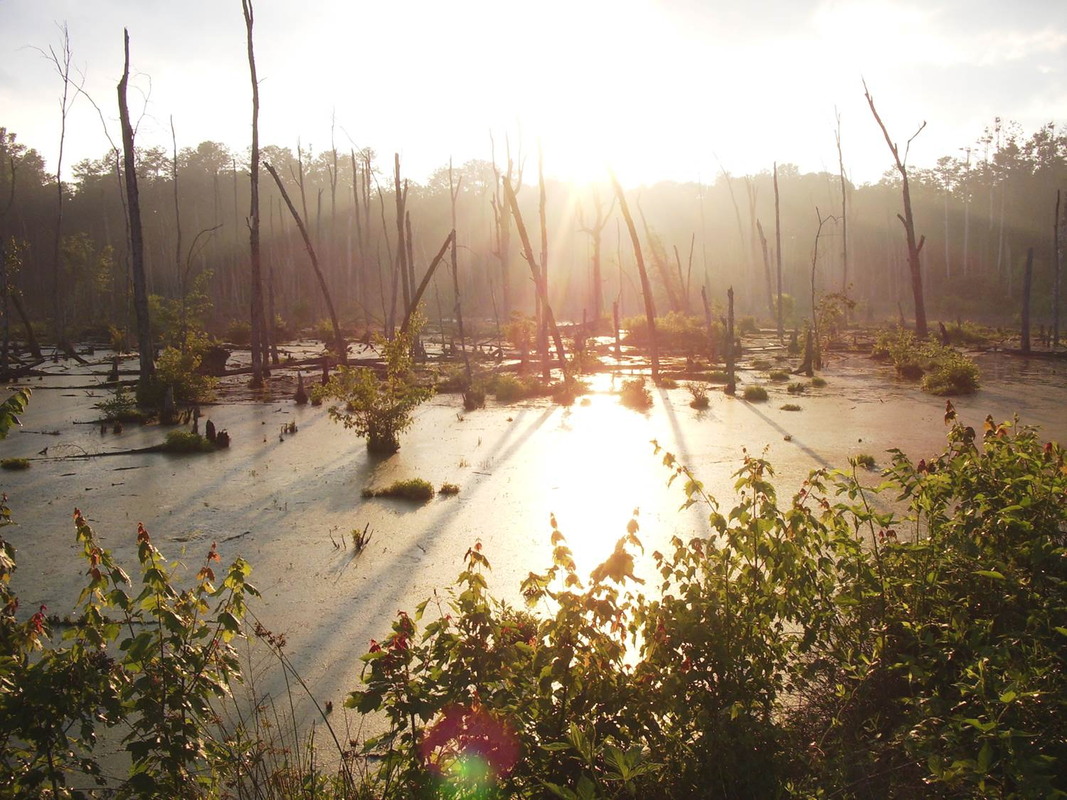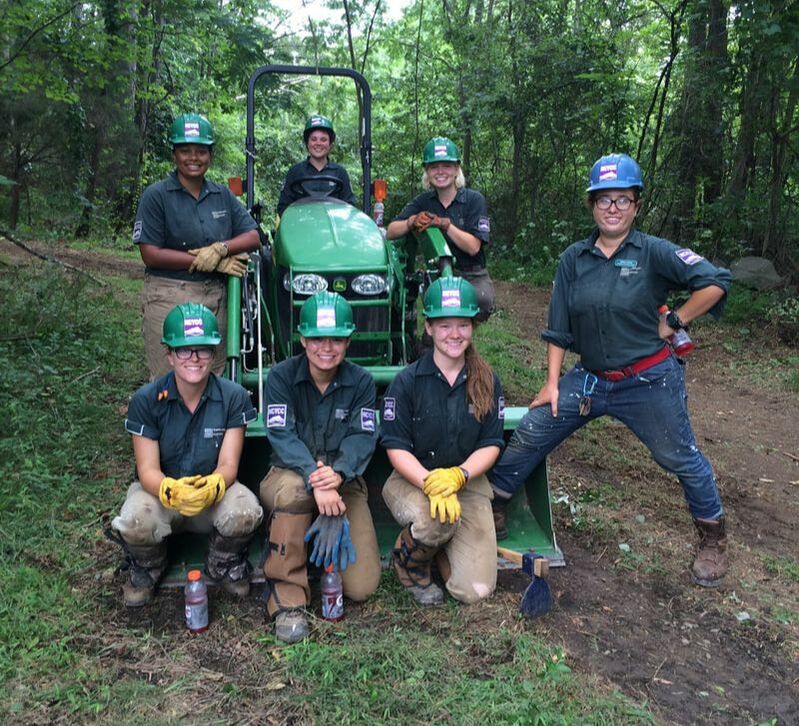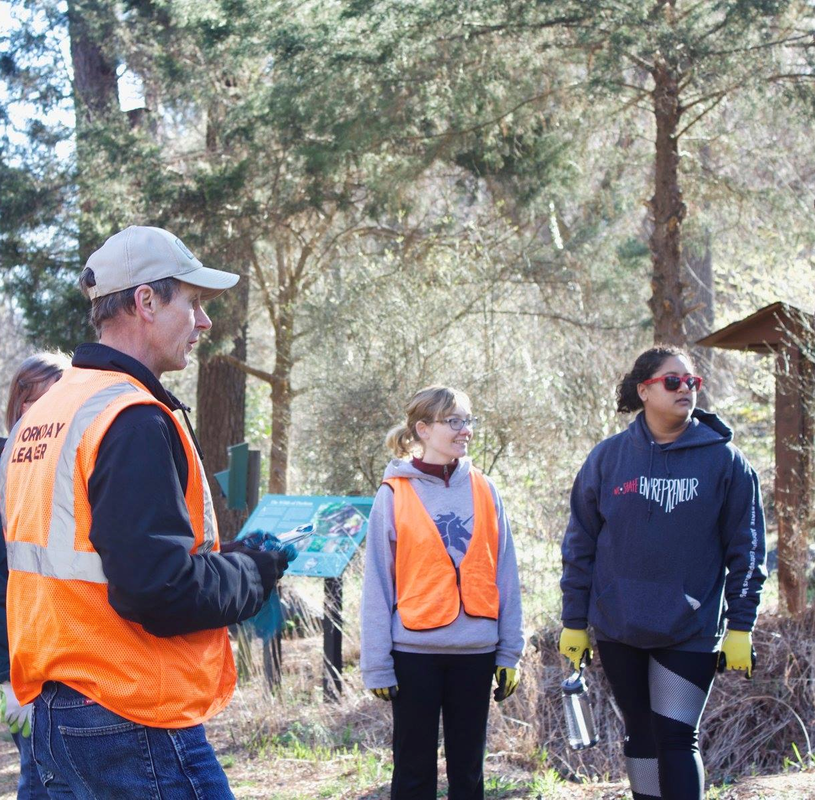|
Ellerbe Creek flows out of the heart of Durham, North Carolina to the Falls Lake Reservoir, a drinking water source for more than half a million people. The compact 37 square mile Ellerbe Creek watershed offers a refuge for people and wildlife from the stresses of city life.
The most densely developed areas of the City and County were built along and on top of the headwaters of the creek. It receives almost half of all the stormwater runoff from the City, creating a huge problem for the health of Ellerbe Creek. The 2010 Durham State of Our Streams Report lists numerous pollutants in the creek that are directly related to excess stormwater runoff. There are many ways for Durham residents to reduce their stormwater footprints, including: 1. Downspout Disconnection 2. Harvesting Rainwater with Cisterns 3. Building Rain Gardens 4. Building Green Roofs |
Ellerbe Creek has been on the list of North Carolina’s most polluted water bodies since 1998, and stormwater pollution makes the creek nearly uninhabitable for aquatic life and at times dangerous for people.
|
Rain gardens filter stormwater before it enters the creek
|
Ellerbe Creek is the dirtiest stream in the Falls Lake Reservoir Water-shed. High levels of nitrogen and phosphorous contribute to the pollution problem in Falls Lake, causing algae blooms and elevated bacteria levels that lead to human health hazards, fish kills, drinking water contamination, and closed recreational beaches in the lake. Clean-up goals for the reservoir are in place and call for a 40% reduction in nitrogen and a 77% reduction in phosphorus.
When rain falls on hard surfaces such as roofs, streets, grass yards, and parking lots, the water cannot soak into the ground and it ‘runs off’. The rainwater washes pollutants sitting on those surfaces into the creek, contaminating the clean water. Stormwater also moves faster across these surfaces, dumping more water in the creek in a shorter span of time, which increases floods and destroys wildlife habitat. To restore clean water to the creek, the City of Durham will need to spend hundreds of millions of dollars using traditional stormwater management practices. The Ellerbe Creek Green Infrastructure Partnership has developed a new innovative approach to address these problems that relies on integrating green infrastructure (e.g. rain gardens, green roofs, permeable pavement) into the City’s urban landscape to absorb and filter polluted stormwater and slowly release the cleaned, cooled water into the creek to restore its health and make it a resource for the community. |
|
|
How You Can Help
|
|
|
|
